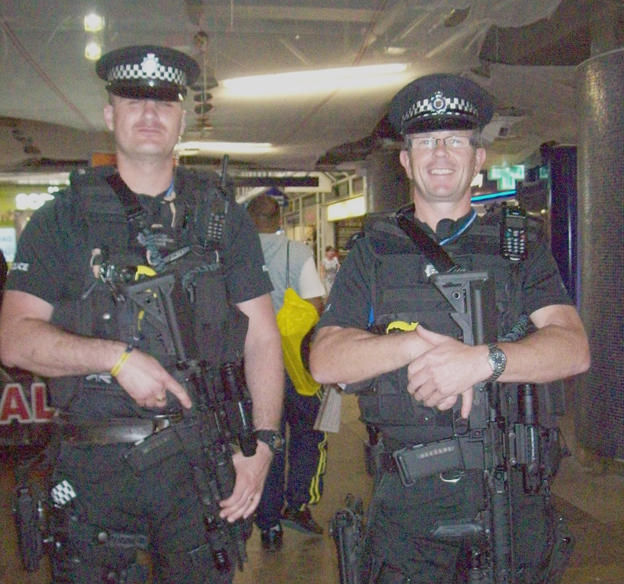NEW emergency powers were outlined yesterday by the Tories as they published the Emergency Coronavirus Bill. The sweeping new powers which will last as long as two years, give the police powers to arrest people suspected of having coronavirus, pushing the UK towards a police state.
The powers also enable the government to order the shut down of the UK’s ports and airports.
The government will now have the power to restrict or ban any events or gatherings.
The legislation states Police and immigration officers will be given the power to detain a person and quarantine them if they are, or might be, infectious.
Meanwhile, forces will be withdrawn from Iraq and Afghanistan, and reservists called up to create a 20,000-strong army, to be at the ready. Thousands of troops are being flown home from overseas. The 20,000 troops will be on standby to form part of a ‘Covid Support Force’.
Alongside the 10,000 military personnel who are always held at ‘higher readiness’ in the event of a ‘civil emergency’, an additional 10,000 will be called upon to ‘aid Britain’s coronavirus pandemic’. It was reported yesterday that if there is ‘civil unrest’ then the police will deal with the uprising, while the army protect key buildings.
In other measures, the legislation will allow:
- Recently-retired doctors or medical students to be registered as regulated healthcare professionals, in order to boost the number of NHS staff.
- Just one doctor’s opinion, rather than the current two, to be used to detain and treat patients for a mental health disorder.
- Schools and children’s nurseries to be forced to close – or forced to stay open, as well as the relaxation of some requirements such as maximum class sizes.
- The removal of some bureaucracy surrounding funerals and cremations, including expanding the list of people who can register a death to include funeral directors acting on behalf of the family.
• Local councils to directly take over the management of deaths, if it becomes likely the number of people who might die from coronavirus is likely to significantly exceed the capacity locally to manage the deceased.
